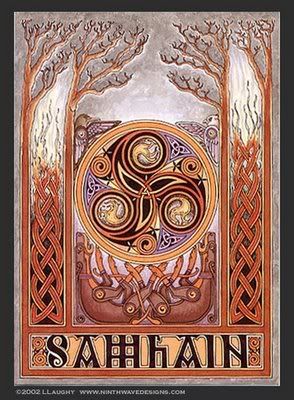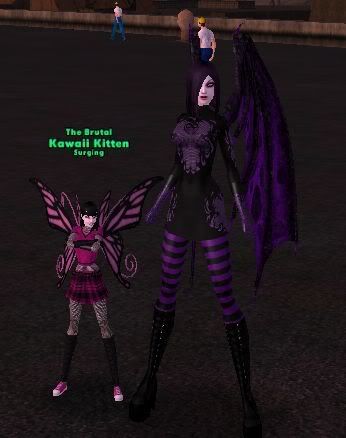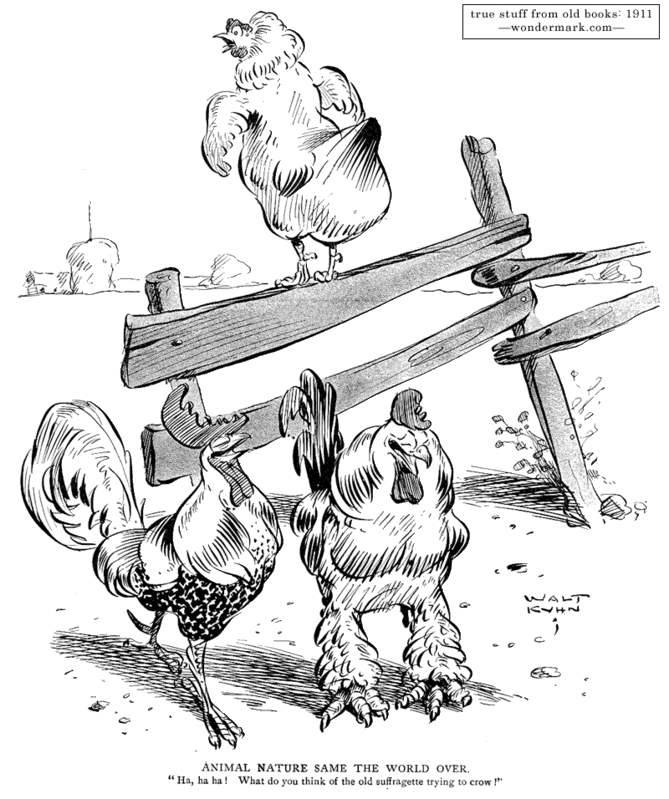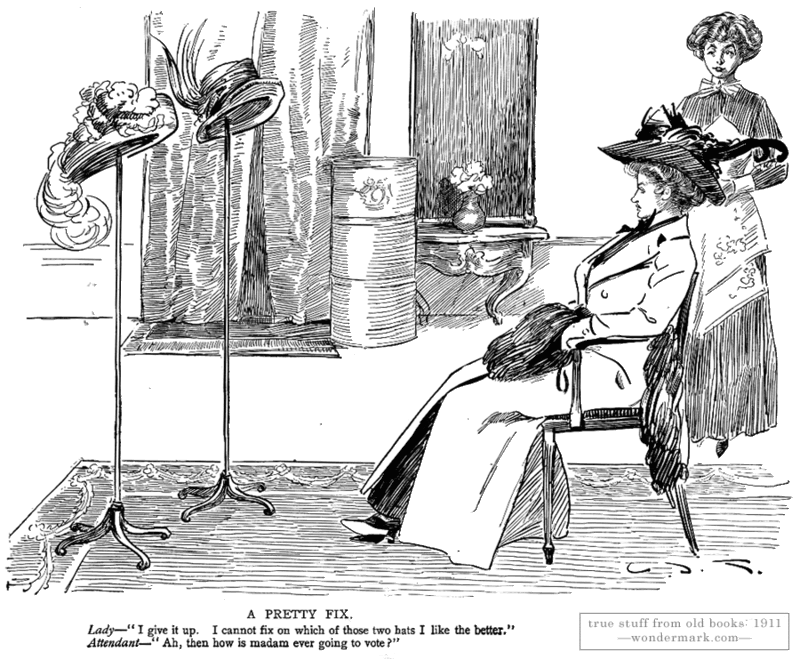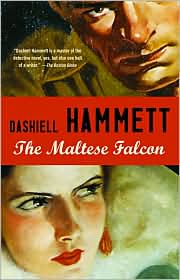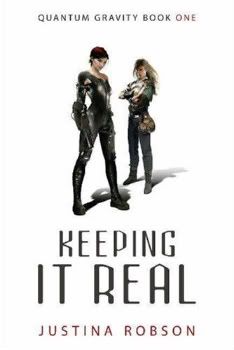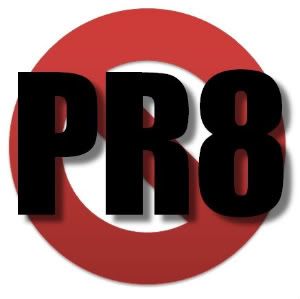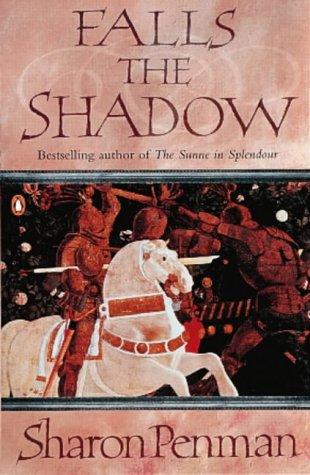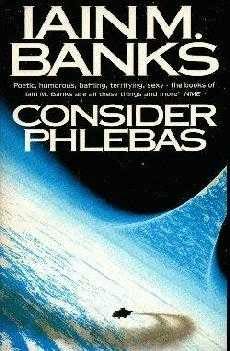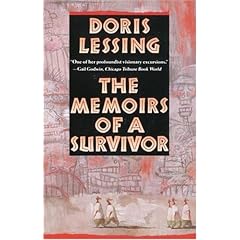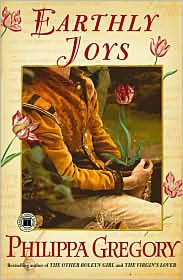There's something about a bookstore, even one as soulless and corporate as Borders. I really do like shopping though Amazon because it's easy and cheaper than most bookstores, but I still love going into a bookstore and fondling the books. Of course, like an idiot, I almost always forget to take a pair of reading glasses with me, which leads to me holding the book at arm's length and squinting while I read the back.
I looked at a ton of stuff in the SF/Fantasy section and almost picked up Maguire's Son of a Witch, but I put it down, figuring I'd pick it up used somewhere. I did get Neal Stephenson's newest, Anathem which kind of sounds like it's his take on the classic A Canticle for Lebowitz. It's pretty massive and Stephenson is hardly someone you can read quickly, so it'll be a while before I have a review up.
I also picked up Tanya Huff's first two Valor novels, conveniently bound together in one book. I'm a big fan of her Vicky Nelson vampire books and the spin off Shadow series. Seriously, if you the whole "vampire and female PI together they fight crime" genre, read the Blood Ties books. Trust me, they're a lot better than the short-lived Lifetime series, although the TV show had some serious pretty--male and female--going on. Anyway, Huff's Valor books are military SF featuring a female space marine, so I'm good.
Hard military SF is actually one of my guilty pleasures, particularly if the protagonist or one of the main characters is female. I call it a guilty pleasure because, well to put it one way, most of these writers are probably voting for McCain or writing in Ron Paul. But still, give me a new David Weber Honor Harrington book (aka Female Horatio Hornblower In Space) and I'm a happy camper. I have no idea why I like this kind of thing so much, although I suppose my early love of Heinlein's* juveniles has something to do with it.
Darkrose picked up a couple of books that I'll end up reading--a fantasy novel set in a pseudo-Japan about an assassin and a fascinating sounding book about a people on a post-apocalyptic fantasy world going on crusade. It's nice to have someone around who reads the same kind of stuff I do; several of the books I've read for the Read have been her books.
Finally, although I said I wouldn't do too many re-reads, I found myself downstairs without a book in hand the other night when I went to get a late night snack. I ended up picking up Tigana by Guy Gavriel Kay and ended up reading it cover to cover over the course of the last couple of days. While it's not my favorite Kay book (that would be Sailing to Sarentium), it's utterly fabulous. I'll have a review of tt up soon.
*I'll save the Heinlein rant for another day; suffice it to say, I think he jumped the shark right around Farnham's Freehold.
1 hour ago
